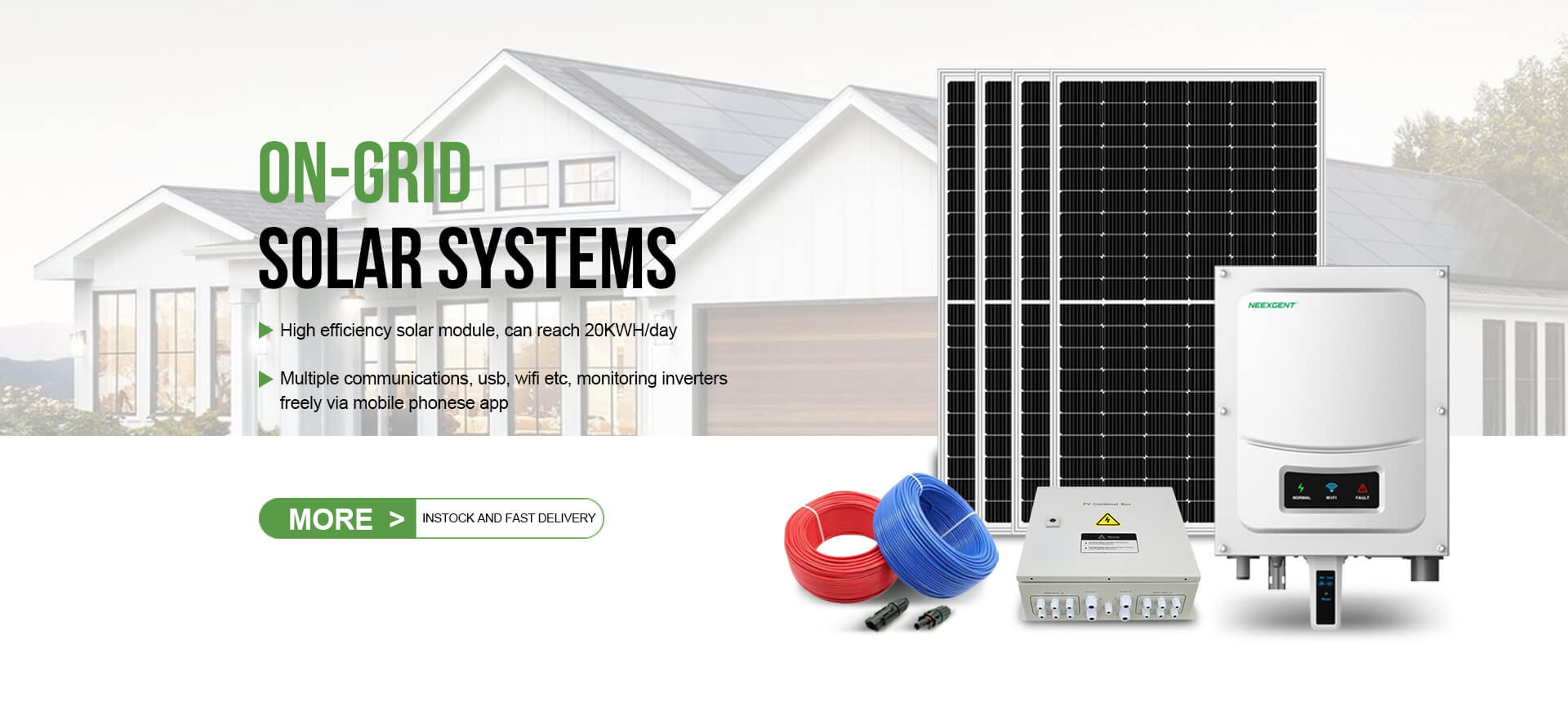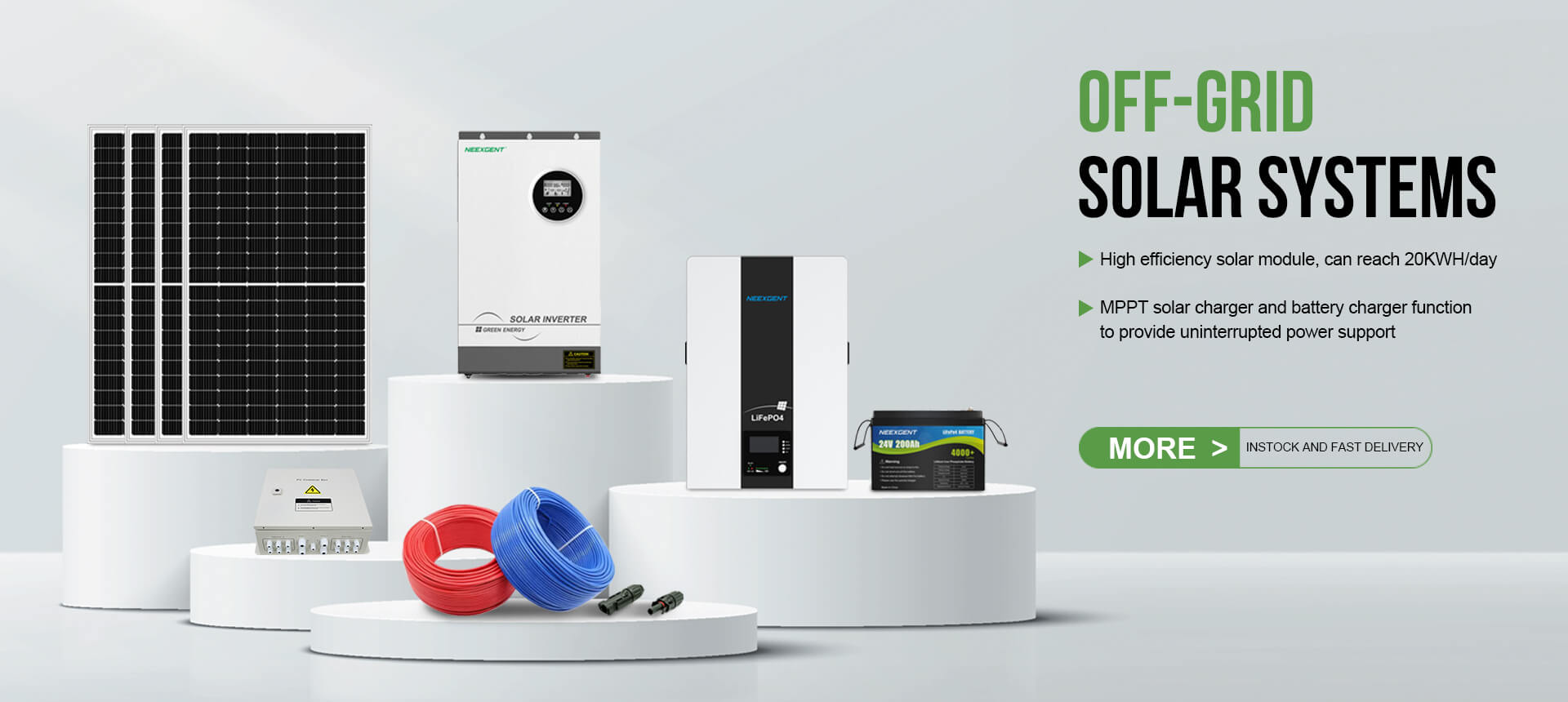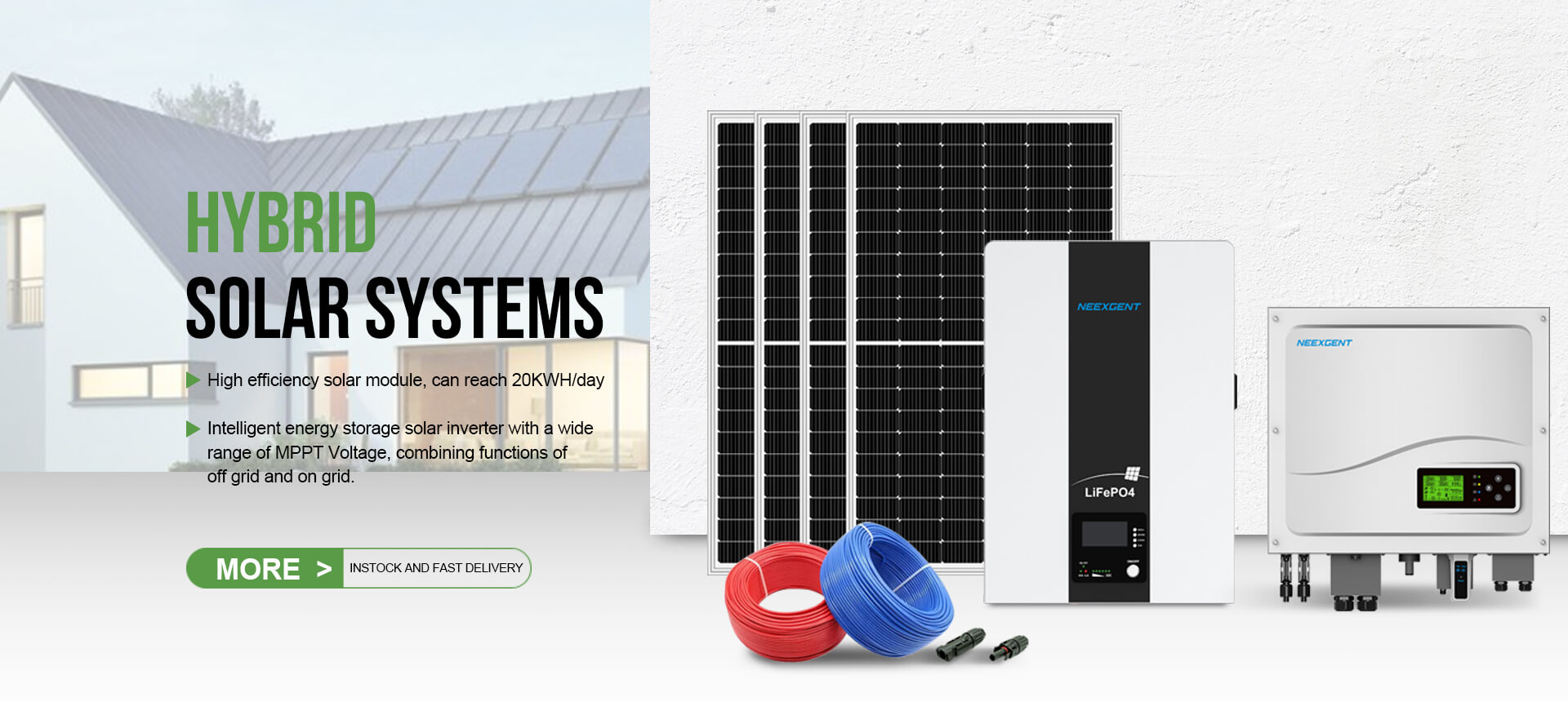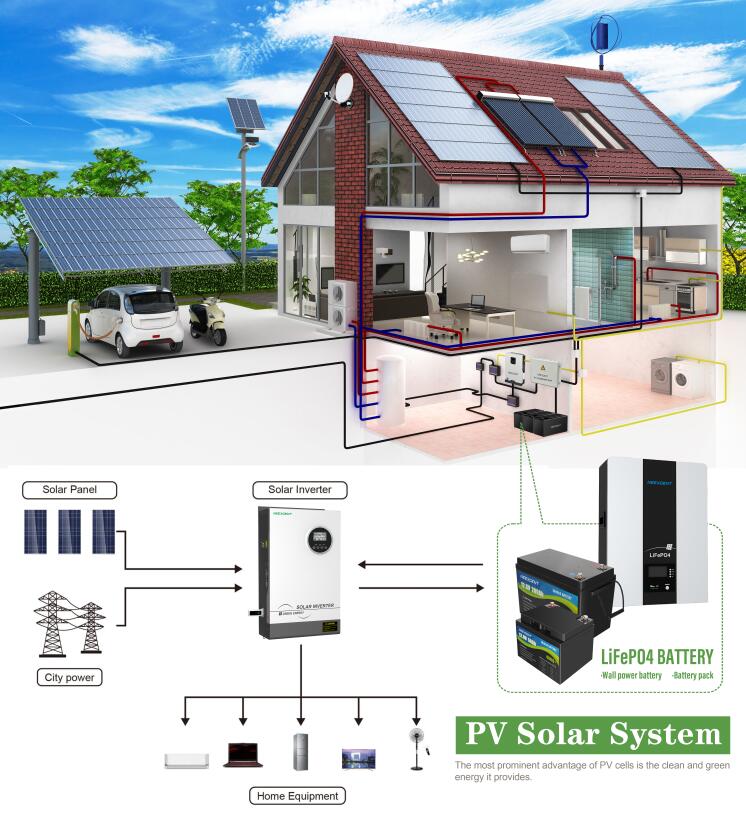There are several types of solar systems available to homeowners, and it can be difficult to decide which one is right for you. In this article, we'll learn about the two main types of solar systems and discuss the pros and cons of each.

ON GRID SOLAR SYSTEM
On grid solar systems are systems that are connected to the main power grid. This means that when your solar panels produce more electricity than you use, the excess is delivered to the grid and you get a credit on your electricity bill. When your solar panels don't produce enough power to meet your needs, you can get power from the grid.

OFF-GRID SOLAR SYSTEM
An off-grid solar system is a solar system that is not connected to the main grid. These systems are often used in remote areas where connection to the grid is not possible or feasible. Off-grid systems typically use batteries to store the energy produced by the solar panels and may also include backup generators.

HYBRID SOLAR SYSTEM
A hybrid solar system is a system that is connected to the grid and has a battery backup. This type of system is becoming increasingly popular because it provides the security of backup power while using the grid to provide excess power.
The solar inverter is a key component in any solar system, as it is responsible for converting the direct current generated by the solar panels into alternating current that can be used by appliances and equipment. Solar inverters come in many shapes and sizes, and can be stand-alone units or part of a larger solar system.
Photovoltaic panels are the heart of a solar energy system, converting sunlight into electricity. But how do they work?
Photovoltaic panels consist of a series of solar cells, usually made of silicon. When sunlight hits a solar cell, it releases electrons from the silicon atoms.
Solar cells have a positive electrode on one side and a negative layer on the other. The solar cell creates an electric field that forces electrons to flow in one direction.
This flow of electrons produces an electric current that can be used to power electrical devices.

There are several benefits to using a backup battery in a solar energy system. First, it can provide you with power in the event of a power outage. This can be very important if you live in an area that is prone to power outages. Second, a battery backup helps maximize the efficiency of your solar system. This is because it allows you to store energy when there is a surplus of solar energy and then use that energy when there is a shortage. This helps improve the overall efficiency of the solar system. Finally, a battery backup provides you with the security of knowing that you have backup power in case of an emergency.
In conclusion, there are many factors to consider when choosing a solar energy system for your home. The two main types of solar systems are grid-tied and off-grid, and each type has its own advantages and disadvantages. Hopefully, this article has provided you with some useful information to help you make the best decision for your needs.









